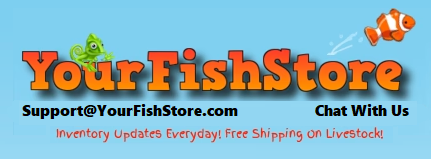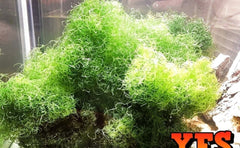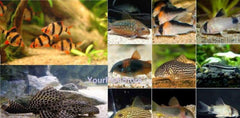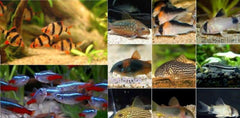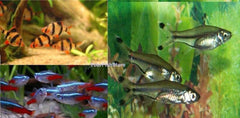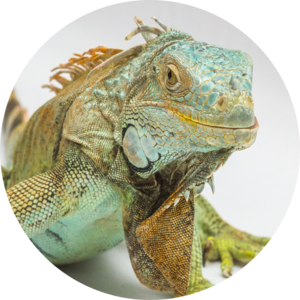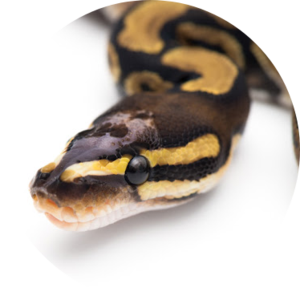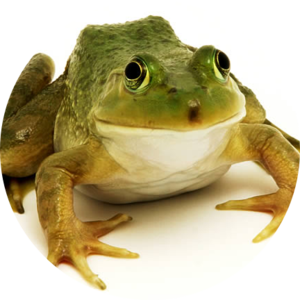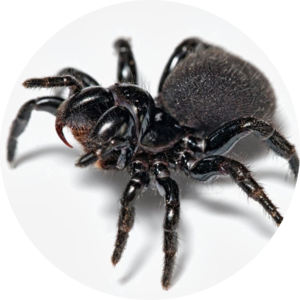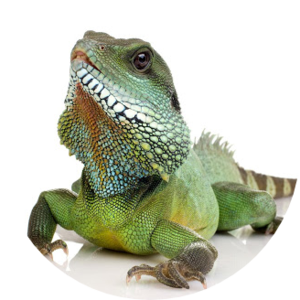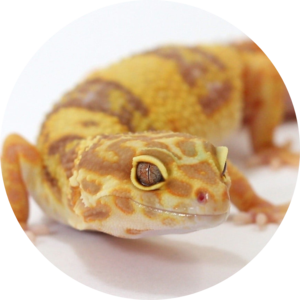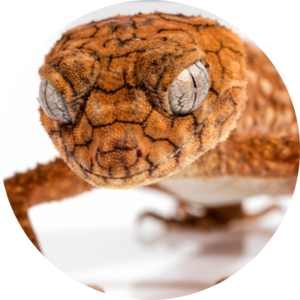X4 Assorted Zoa Colony Med Pieces Package - Zoanthus
Ebay
$ 166.54

x4 ASSORTED ZOA COLONY MED PIECES PACKAGE - ZOANTHUS - FREE SHIPPING
*This Package is for x4 (FOUR) Colonies of Assorted Zoa pieces
Approx: 3" - 5" Each
Care Level: Easy
Temperament: Semi-aggressive
Lighting: Moderate
Waterflow: Medium
Placement: Middle
Water Conditions: 72-78° F, dKH 8-12, pH 8.1-8.4, sg 1.023-1.025
Zoanthids are without a doubt some of the most popular soft corals for beginners and experts alike. Fast growing, super hardy, and available in every color of the rainbow, they are easy to keep and fun to collect. New and unusual color morphs are always being sought, but even the 'common' variants often possess stunning colors.
Other soft polyps, such as Palythoas, Yellow Polyps, Xenia, and Star Polyps are all very similar in requirements to the Zoanthids and are equally hardy. All of these soft polyps are easy to frag. Most grow by encrusting mats or runners over the liverock to which they are attached. This can then be cut inbetween polyps, usually with little harm to parent or frag.
Care Level
Easy.
Aggressiveness
Low to moderate. Generally not prone to stinging their neighbors, although they can grow so quickly that they overtake slower growing corals. Many do put chemicals into the water that can irritate other corals, so diligence in water changes and carbon use may be especially beneficial in a mixed reef that includes them.
Lighting Requirements
Low to moderate, although many will do fine under stronger lighting if properly acclimated first.
Water Flow
Moderate. Excessive flow may prevent them from opening fully.
Tank Placement
Low to mid.
Water Quality
While every effort should always be made to provide good water quality for your tank inhabitants, these corals are generally quite forgiving of temporary lapses and in fact may adsorb some of their nutritional needs directly from the water. This hardiness makes them idea for newer tanks still getting established.
Special Notes
Some of the chemicals produced by Zoanthids are potentially harmful to humans. Use care when handling them, especially if fragging. Wearing gloves is always the best way to be safe when working with reef livestock.
QUESTIONS & ANSWERS
Have a Question?
Be the first to ask a question about this.
